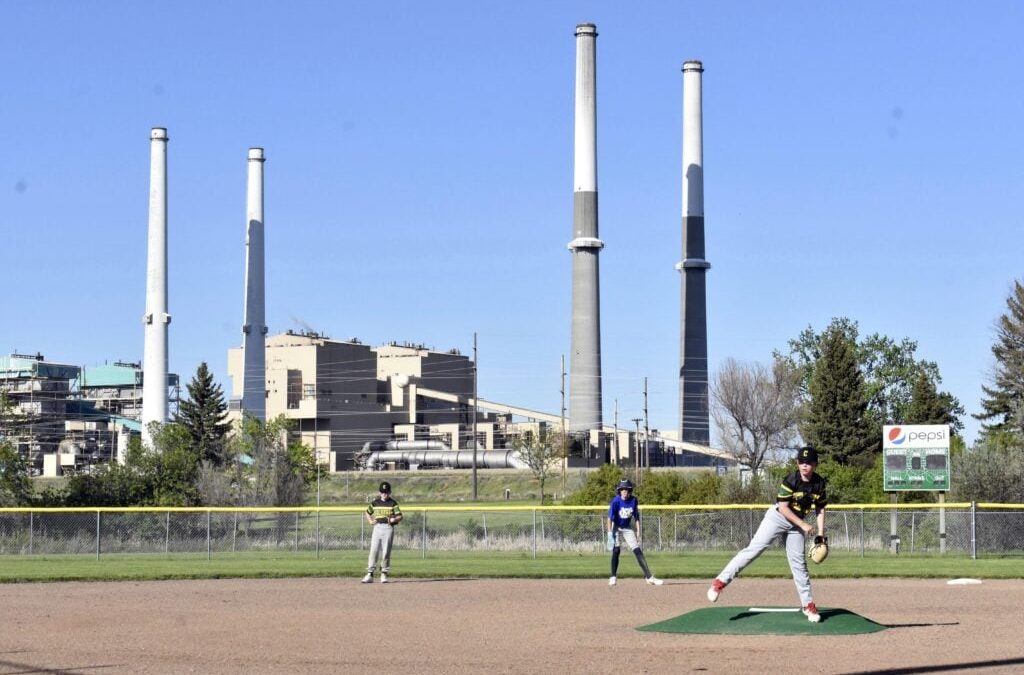A coal plant cited as one of America’s dirtiest is asking the U.S. Environmental Protection Agency (EPA) for an exemption to a previous agency emissions rule.
In 2024, under the Biden Administration, the EPA strengthened the Mercury and Air Toxics (MATS) Standards. The rule was implemented to reduce emissions of mercury and non-mercury metal pollution, such as nickel, arsenic and lead. These pollutants are known to cause significant health impacts including fatal heart attacks, cancer and developmental delays in children.
The Trump administration has allowed coal plants to apply for exemptions from the MATS rule. Last month EPA said “the president will make a decision on the merits” of any exemption request, according to an agency notice.
NorthWestern Energy and Talen Energy have made such a two-year exemption request for the Colstrip coal-fired plant in Montana. The request has already been backed by state lawmakers.
In a March 31 letter to EPA Administrator Lee Zeldin, U.S. Senators Steve Daines and Tim Sheehy, as well as Congressmen Ryan Zinke (MT-01) and Troy Downing (MT-02), said this “ill-conceived (MATS) rule oversteps congressionally delegated authority and threatens grid reliability.”
The lawmakers went on to say that the rule “endangers the economic viability of the plant, which if closed, would undermine the region’s electric grid as there is insufficient time to plan and construct adequate replacement generation.”
The Colstrip power plant consists of two active coal-fired generating units capable of producing up to 1,480 MW of electricity.
Colstrip Units 3 and 4 are owned by Talen Montana, Puget Sound Energy Inc., Portland General Electric Company, Avista Corporation, PacifiCorp and NorthWestern Energy. Effective Jan. 1, 2026, NorthWestern Energy will acquire Puget Sound Energy’s 370 MW share and Avista’s 222 MW share of the plant.
Following these acquisitions, NorthWestern Energy will own 55% of the Colstrip plant.
The Colstrip coal-fired plant originally opened in the 1970s. Units 1 and 2 were retired in 2020. The plant emits more toxic air pollutants such as lead and arsenic than any other U.S. facility of its kind, according to EPA data reported in 2024.
At that time, Brian Bird, president of NorthWestern Energy, said the characterization of Colstrip by EPA Administrator Michael Regan during Congressional hearings as the “highest emitter in the country” was deceptive because of the plant’s size — one of the largest coal plants west of the Mississippi River. Bird said Colstrip was “in the middle of the pack” in terms of the amount of pollution per megawatt of power generated.



